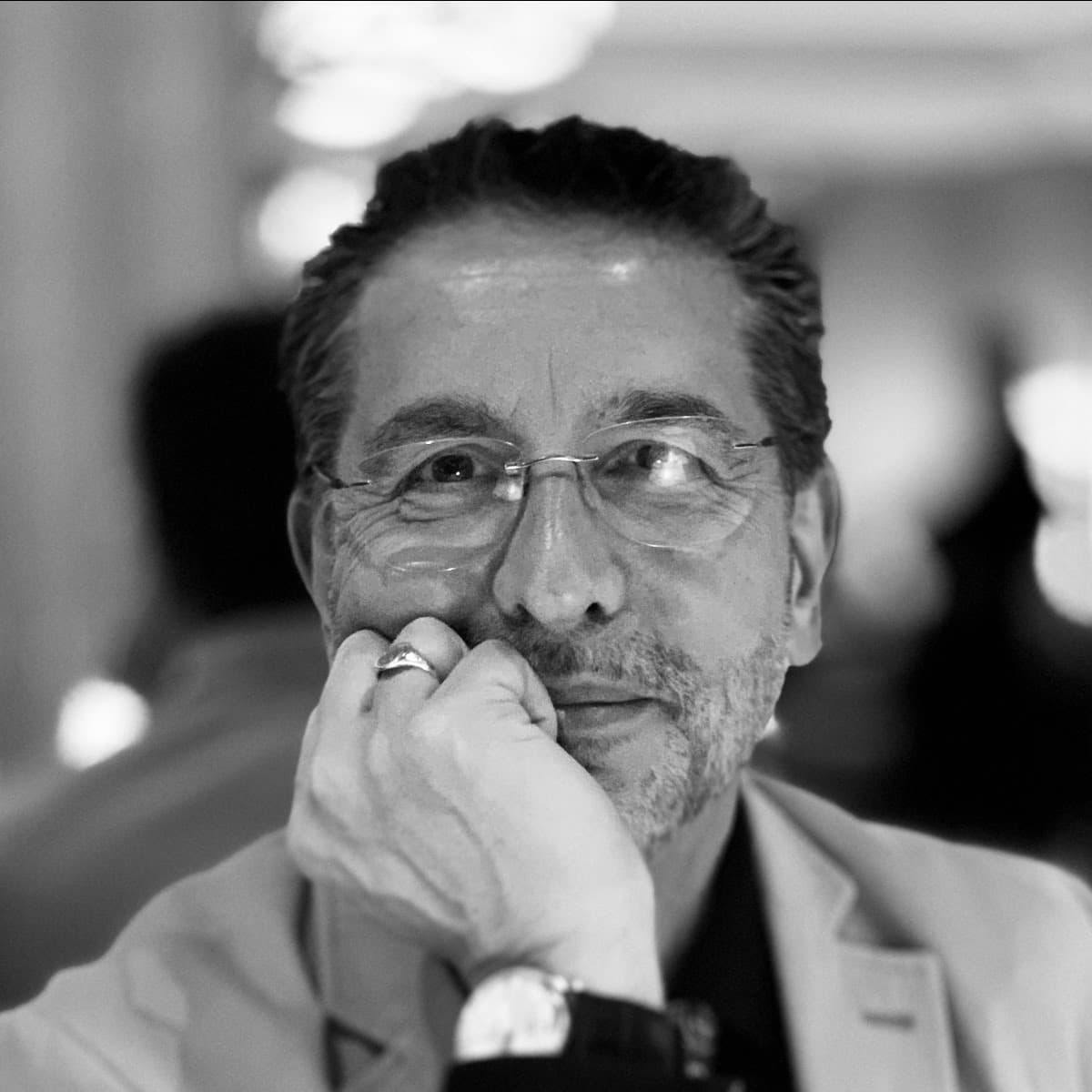As I was staring at this distinctive cheese, I felt God nudge my heart: This is a good representation of the secular-sacred divide. Now, that might sound strange, but stick with me. Let’s talk about those holes.
What Is the Secular-Sacred Divide?
The secular-sacred divide is the belief that there’s a firm line between what’s holy and of God (the “sacred”) and what’s worldly and not of God (the “secular”). This mindset often leads to the idea that some callings—like being a pastor or a missionary—are holy, while others—like working in healthcare—are “just jobs.”
In some churches, this divide creates an imbalance. What you do from Monday to Friday can seem irrelevant compared to your Sunday activities. If your service to God isn’t tied to church rotas or committees, it might feel overlooked.
Even when you know deep down that your job is a calling, it’s hard to hold onto that truth if your church doesn’t recognise it. Instead of seeing God’s presence in your daily work—putting on a uniform, caring for patients, or managing a team—you might be told He’s closest when you’re leading worship, organising parking, or attending a Bible study. This can make your work feel secondary, no matter how demanding or meaningful it is.
The Draining Nature of Caring
Working in healthcare, or any people-focused job, is exhausting. By Sunday, you might be running on empty, desperate to rest in God’s presence or even just lie in. But the pressure to “do more” at church—helping in crèche, running events, or volunteering—can lead to burnout. Here’s the truth: God sees your work as missional.
Jesus and the Calling to Heal
In Matthew 10, Jesus gives the disciples their mission:
“As you go, proclaim this message: ‘The kingdom of heaven has come near.’ Heal the sick, raise the dead, cleanse those who have leprosy, drive out demons.”
Notice something? Of those four tasks, three are healthcare-related. Jesus intentionally placed healing at the centre of His ministry—and yours. Your job is not a distraction from your faith; it’s part of your calling. It’s okay if it fills your life right now.
Enter Emmental Cheese
So, where does Emmental fit into all this? To create Emmental, you need three specific bacteria—a kind of “trinity” for cheese-making. Without them, you don’t get Emmental. Similarly, we’re infused with the Trinity: Father, Son, and Holy Spirit. Here’s another fun fact: when Emmental was first made, the holes were seen as a flaw. Cheesemakers tried to eliminate them! But over time, the holes became a mark of maturity—a sign of a good cheese.
In the same way, maturity in faith comes when we embrace the idea that God isn’t confined to Sundays. He fills our entire week, infusing our “day-world” with His Spirit. There’s no artificial divide. God “leaks” into your work, and your work “leaks” into your spiritual life.
Living Out Your Calling
So what does this mean in practice?
- It’s okay to say no. If your job is already demanding and missional, you don’t have to take on extra church activities to “prove” your faith.
- Your work matters. Being light and life to your patients is as spiritually significant as leading a small group.
- Faith in the everyday. Maturity isn’t about how many rotas you’re on—it’s about recognising God in the everyday moments of your life.
Be like Emmental!
So here’s my encouragement: Be like Emmental cheese. Let the Spirit guide your priorities, and don’t be afraid to say no to things that don’t align with your calling. Your work is already a reflection of God’s Kingdom.
Remember, those holes in your life—the places where God “leaks” into your day—are not flaws. They’re signs of maturity. You’re doing Kingdom work, every single day.

Mike Von

